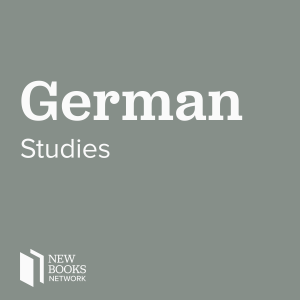
Edward Ross Dickinson, “Sex, Freedom and Power in Imperial Germany 1880-1914” (Cambridge UP, 2014)
 2014-11-18
2014-11-18
In this interview with historian Edward Ross Dickinson we talk about sex. Well, actually we talk about the talk about sex. Since Michel Foucault’s epochal work History of Sexuality (1976) how moderns talked about sex has been a central concern of cultural and intellectual historians. Foucault linked a number of nineteenth-century phenomena, such as the growth of sexology as a discipline and the pathologization of homosexuality, to the formation of new sexual subjectivities and the emergence of biopolitical strategies of population management.
Taking a cue from Foucault, some historians of modern Germany have interpreted the talk about sex and reproduction in the Kaiserreich as the foundational stage of a discourse about eugenics that would ultimately contribute to National Socialism and its racial state. In his book Sex, Freedom and Power in Imperial Germany 1880-1914 (Cambridge University Press, 2014), Dickinson challenges this view. He likens German sex talk to a barroom brawl that started at one table and spread across a crowded room. Sex was as a field of contestation, involving Christian moralists, sex reformers and sexologists, each tied to social and political interests. In this interview, we discuss the different anthropologies that undergirded the respective positions. Christian (and some Jewish) morality activists argued that sex had to be overcome through the moral virtue, while sex reformers and sexologists understood sex in a monist vein, as a natural drive and the engine of creative production and human biological and social evolution.
Learn more about your ad choices. Visit megaphone.fm/adchoices
Support our show by becoming a premium member! https://newbooksnetwork.supportingcast.fm/german-studies
More Episodes
Create your
podcast in
minutes
- Full-featured podcast site
- Unlimited storage and bandwidth
- Comprehensive podcast stats
- Distribute to Apple Podcasts, Spotify, and more
- Make money with your podcast
It is Free
- Privacy Policy
- Cookie Policy
- Terms of Use
- Consent Preferences
- Copyright © 2015-2024 Podbean.com






